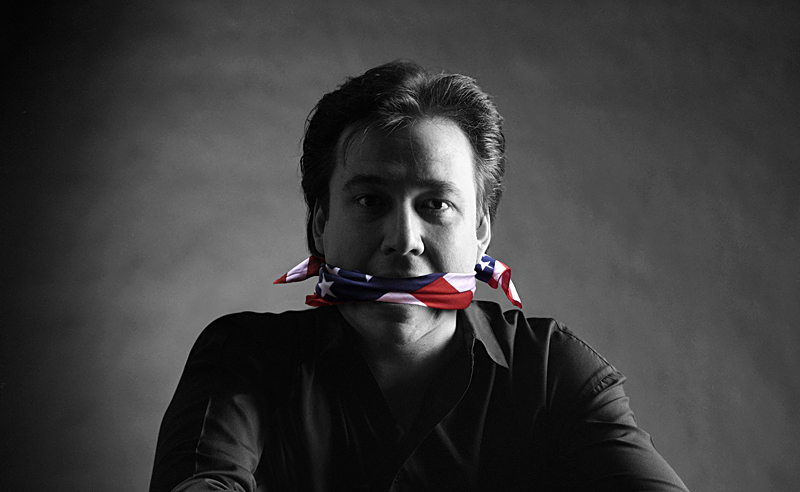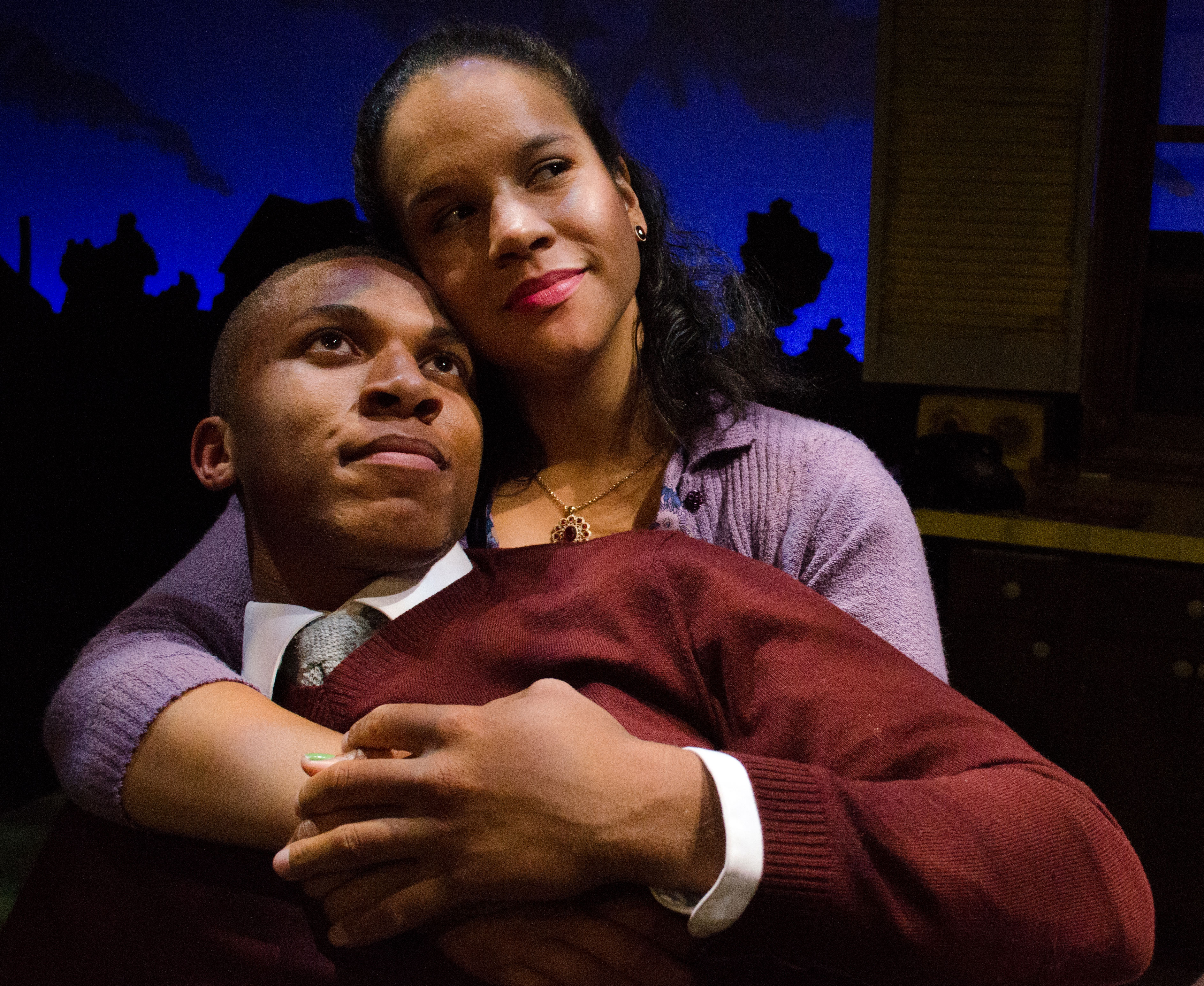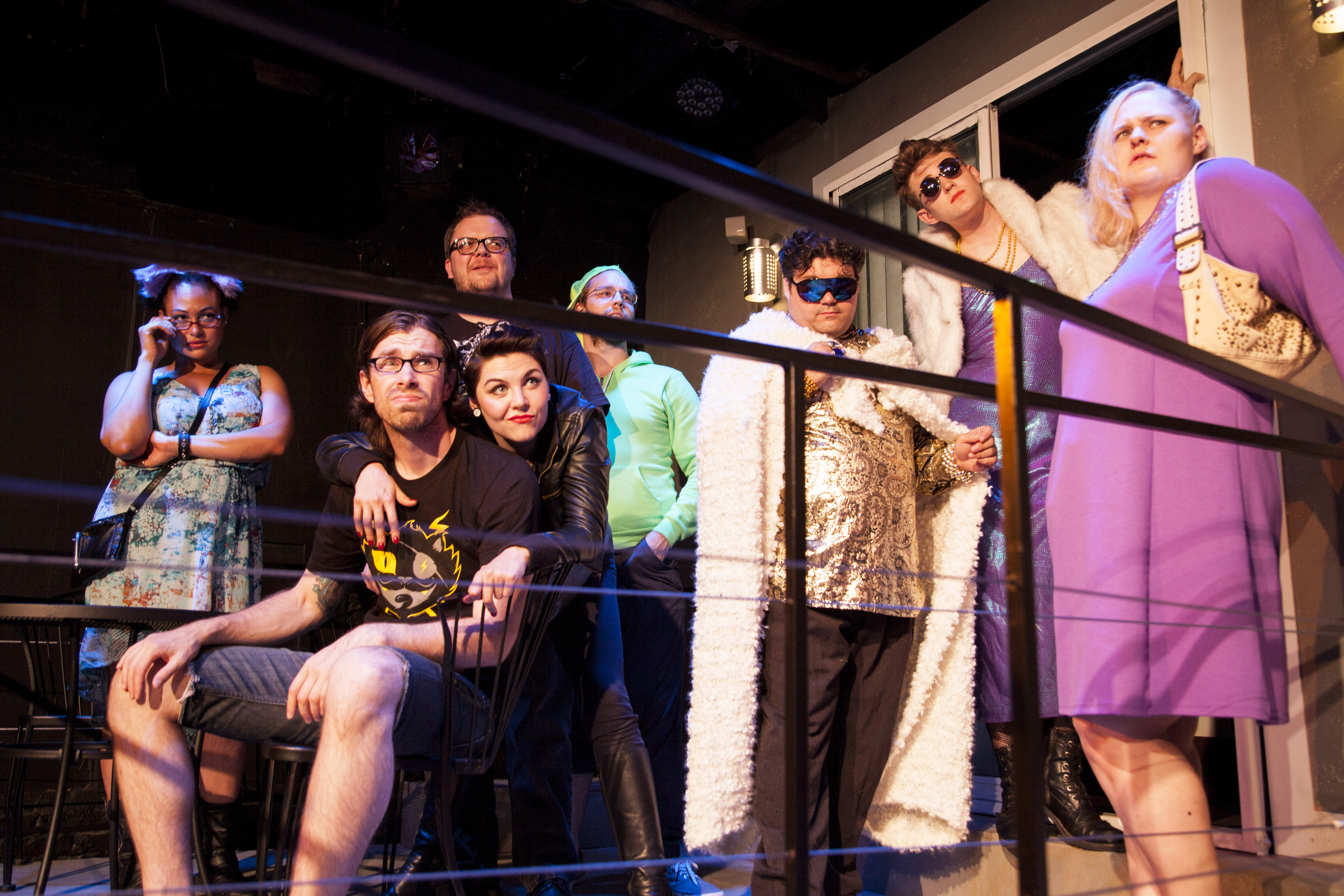Even in the best biopics and biographies, something essential is often overlooked; a missing ingredient that, without inclusion, leaves its subject forever trapped in two dimensions. As Exhibit A, consider the documentary American: The Bill Hicks Story, which opens Friday at the Grand Illusion (see review). Those interviewed about the late comic (1961–1994) may seek to deify Hicks, but they struggle to capture his mercurial nature and Rubik’s-Cube complexity.
I know exactly how they feel, because I knew Hicks, first encountering him in 1983 as an Austin, Texas, journalist covering the then-burgeoning comedy scene. He was just starting to get bookings away from his home in Houston, and I was an early champion of his. Every time we met, he’d grill me about what I thought worked in his act and what didn’t. He fast became a friend, and I think now that no one would be more surprised than he at his posthumous acclaim.
What was the big deal about Bill Hicks? Well, he’s the only performer I’ve ever seen—or expect to—who could excoriate a crowd for their stupidity while sprawled on the stage blind drunk and have people in the audience saying, “Well . . . he has a point.” He’d drive entire audiences away with those tirades, and refill the club that same night and perform at the peak of his craft. He was also a man of extraordinary integrity. He loathed jokes about foreign 7-Eleven clerks and worked tirelessly to pack every tour with new material. It wasn’t tough for him, because he spent more time thinking and reading than any editor I’ve ever had or writer I’ve ever known. Sometimes, he’d surprise even me: “Is it just me, or does Rush Limbaugh remind you of one of those fat gay dudes who like to get pissed on in tubs?”
Yet when Hicks died of pancreatic cancer, he was little more than a cult figure in the U.S., and he’d only just broken through to stardom in the UK. In the years since his death, though, Hicks’ stature has only grown. Books have been written. Rock stars dedicate albums to him. Denis Leary built his career by appropriating both Hicks’ material and persona (enter both names on YouTube, and you get an eyeful). He’s compared to Lenny Bruce and Richard Pryor. Hicks has become the patron saint of aspiring comedians, a figure who—according to gospel—transcended being merely funny or topical.
Is that reputation deserved? Hicks left only a small body of work: a handful of scorchingly brilliant albums, several DVDs produced on a shoestring, and a few cable specials (some excerpted in American). His life’s project, as I see it, was to deliver an indictment of our nation’s mind-controlling institutions, including the military and fundamentalists. He wanted both to decry and alarm his slothful countrymen, who’d become enslaved to conventions reinforced by mass media. (No wonder he never got, or sought, a sitcom or talk-show gig.)
So, yes, Hicks deserves his rep, but I’m somewhat saddened and disturbed by his comedic legacy. In a sense, the mass media won. Seventeen years later, we have the Internet and a gazillion avenues of content delivery (a phrase he would’ve loathed), but the comedy scene seems diminished. Locally and nationally, comedy clubs have gone the way of big-band ballrooms and cinema palaces. Filling the Key or the Moore are drop-in headliners like Sarah Silverman (whose act requires you to share her loathing of humanity) and Dane Cook (who skates by on soap-opera good looks and lowbrow humor). At the Comedy Underground, the all-too-earnest locals are so anti-showbiz that it seems they’ll never find an audience farther away than Portland or Vancouver, B.C.
And what of us, the audience, who once used to pack the smaller venues to see Seinfeld, Leno, and Roseanne doing weekly residences? We share some of the blame. It’s just so much easier to Netflix a Patton Oswalt special and avoid the parking, cover charge, and two-drink minimum. Hicks surely still has his share of fans and acolytes here in Seattle, curious about American. But how many of the former are going to see regular comedy nights like Laff Hole at Chop Suey?
And how many of the latter, the local performers, are prepared to vault into the abyss like Hicks? His goal was to be a social critic, to risk offending an audience he’d already built (see lying on stage blind drunk, above). Again, it’s so much easier to be a journeyman comic touring the clubs, taking a share of the gate, with Comedy Central as your goal. And frankly, having known Bill, I can say that it’s safer, in the self-preservational sense, not to follow the guy. Even for Bill Hicks, simply being Bill Hicks was a reckless profession. Who’s to say whether the way he lived, up at all hours and on a variety of drugs and alcohol for years, didn’t cost him years on the planet?
Such are the questions raised in American. I prefer my Hicks uncut, uncensored, and without CliffsNotes. And he always believed in speaking for himself. But the doc has its virtues. In the rush of images, the Bill I knew slips fleetingly in and out of focus. He was not a simple man, as the saying goes, but many simple men fighting for equal time within the same host.








